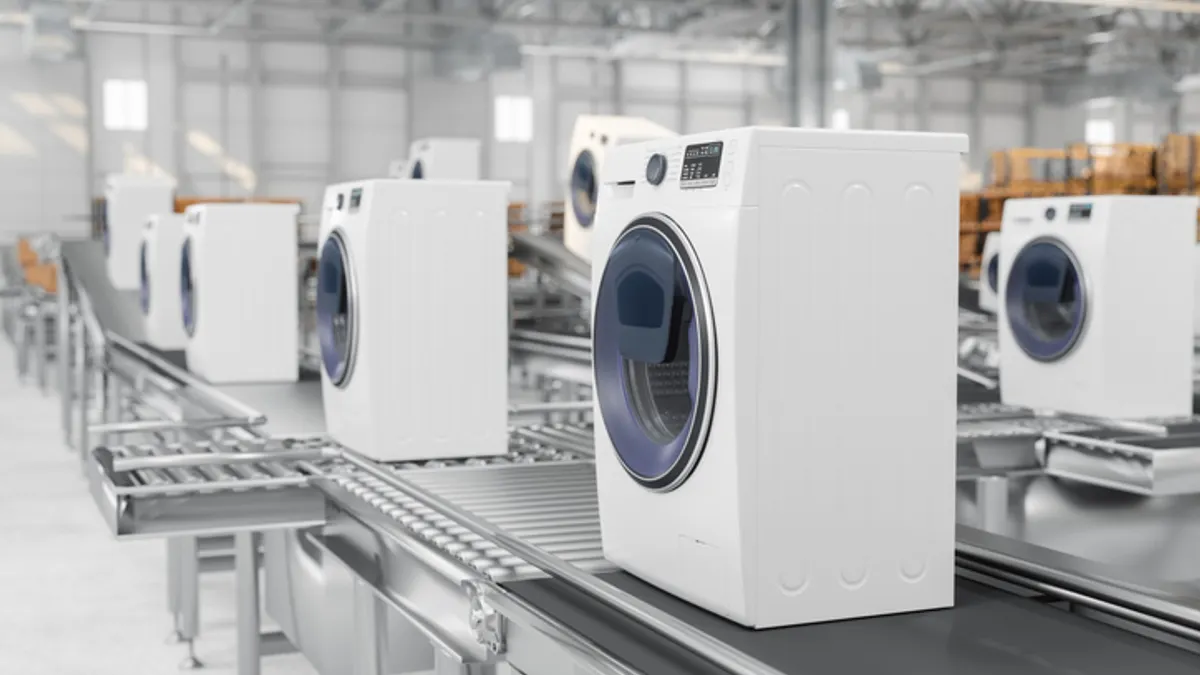Facilities managers planning to buy appliances in the near term could face higher prices after a 50% tariff on aluminum and steel derivative products takes effect June 23.
The U.S. Commerce Department on June 12 issued a notice applying the tariff on the steel and aluminum content in a handful of imported appliances: freezers, refrigerator-freezers, dryers, stoves, ranges and ovens, food-waste disposals and some wire racks.
The tariff isn’t on the appliance itself but on the steel or aluminum content contained in it.
“The tariff imposed … will be assessed on these derivative products for the value of the steel content in each product,” the notice says.
The tariffs come after the Trump administration in an earlier action doubled the tariffs on steel and aluminum.
“The increased tariffs will more effectively counter foreign countries that continue to offload low-priced, excess steel and aluminum in the United States market and thereby undercut the competitiveness of the United States steel and aluminum industries,” Trump said last month in the proclamation imposing the tariff increase.
In response to that earlier increase on steel and aluminum costs, at least one U.S. manufacturer said it would raise the prices of its appliances to offset its higher material costs.
“Due to extraordinary upward cost pressures affecting our business, GE Appliances will implement targeted price increases,” GE Appliances told retailers in an email last month. The email was reported on by 10 News in San Diego.
The goal of this latest round of tariffs on targeted appliances is to raise the cost of foreign-made appliances not subject to the higher material costs so U.S. manufacturers can be more price competitive, according to reports.
“The new tariffs are meant to shield American-made appliances that are made with steel from cheaper foreign-made products,” a New York Times report says.













